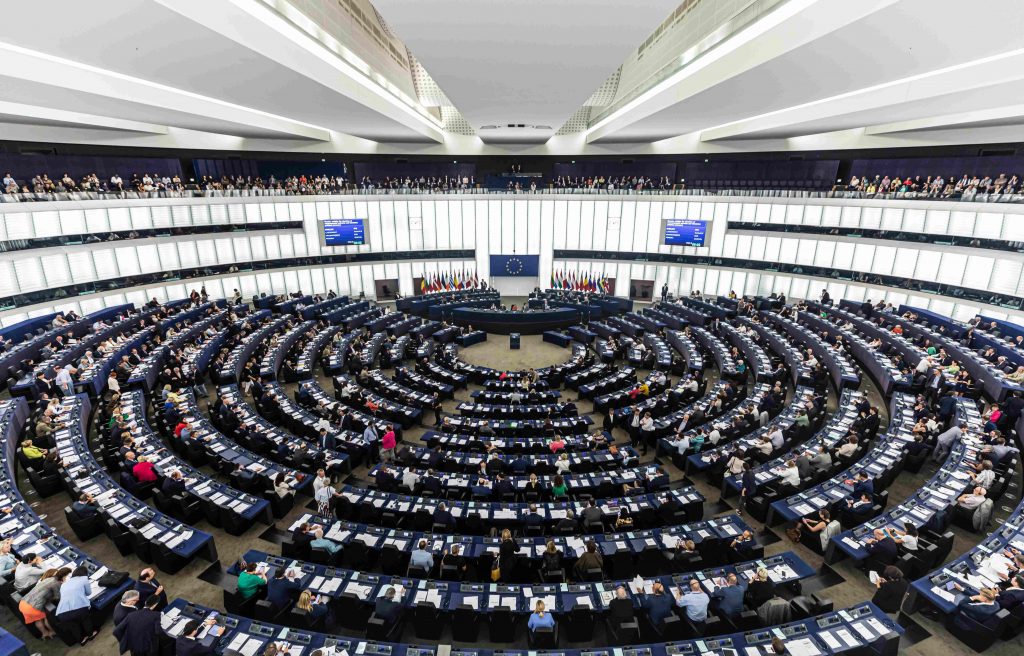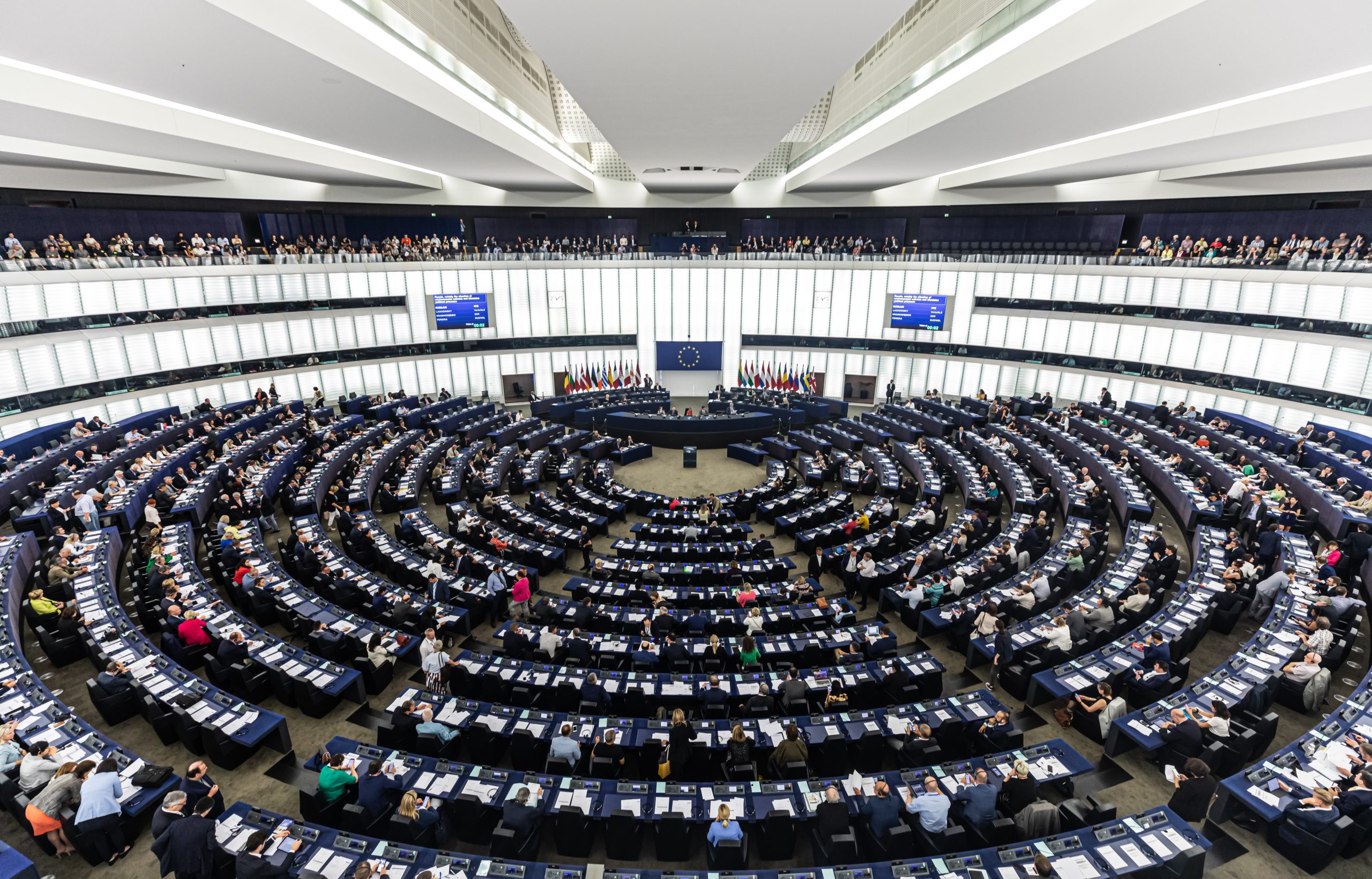On Wednesday, April 14 the European Parliament passed what has been called by some a “watered-down” law designed to create a legal obligation for companies to address their negative impact on the environment and violations of human rights in their supply chain, known as the Corporate Sustainability Due Diligence Directive, or CSDDD.
Failed Attempts
The approved CSDDD is a significantly scaled-back version of the originally proposed law, which failed to garner enough support to pass through the European Parliament on lawmakers’ first two tries.
The process started four years ago and was rejected by the European Parliament for the second time after it had been agreed upon with Member States in December 2023 and was put to a vote on February 2024.
Following the second failed attempt, the visibly shaken and frustrated CSDDD Rapporteur Lara Wolters said it was an “outrage” and accused Member States of “listening to a minority of extreme business voices who have so far rejected every proposal.”
What the Law Does
Yesterday’s approved CSDDD establishes sustainability standards for businesses working in the EU related to environmental concerns, climate change and human rights. And it captures not only the direct actions and activities of companies but also their subsidiaries and their supply chain.
Non-EU companies that have certain levels of activities in the EU will also be captured by the law.
It will apply to the EU’s biggest companies which have over 5,000 employees and 1.5 billion euros in turnover by 2027. The following year it will be applicable to companies with more than 3,000 employees and 900 million euros in turnover, and finally in 2029 companies with 1,000 employees and 450 million euros in turnover will have to comply.
Formerly, the law would have impacted all companies with 500 employees and just 150 million euros of turnover.
Criticism
Environmental and human rights watchdogs are pleased that something has finally been agreed on, but note that there are too many loopholes, and it is too weak to truly make a difference.
The WWF European Policy Office released a statement saying “The law will help companies both prosper economically and uphold the European values of justice, human rights, and sustainability within the EU borders and in the wider world. But despite the positive outcome today, severe gaps remain, which will hamper the law’s ability to deliver more systemic change.”
Meanwhile Global Witness says the law will help communities sue big companies for their human rights abuses and environmental impact in EU courts, but it has so many concessions compared to the initial version that many big companies will escape penalties for their bad behaviors.
The Impact on Greece
The requirements will capture only a very small portion of businesses in Greece, as the European Commission notes that 99,9% of businesses in the country are small to medium-sized enterprises with less than 249 persons, while only 0.1% of enterprises are considered “large” have over 249 persons (2023 European Commission SME Country Fact Sheet on Greece).




